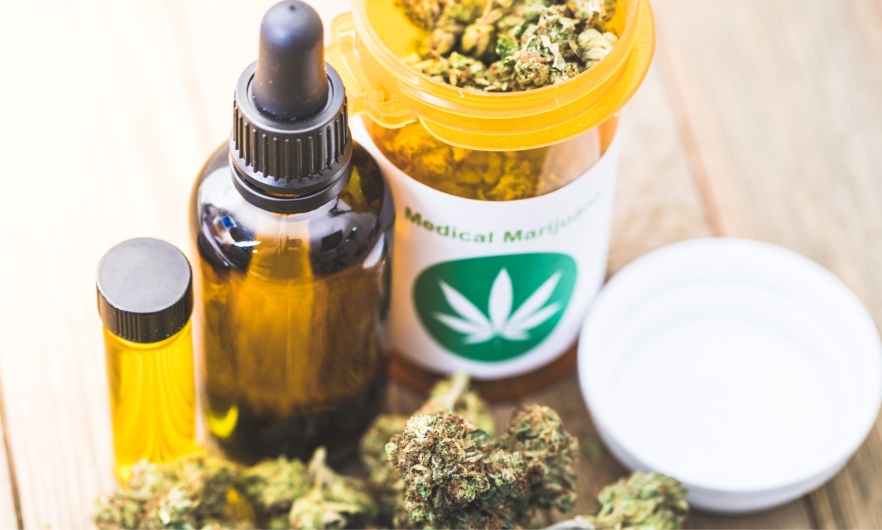Legalize Weed, In recent years, the debate over the legalization of marijuana has gained significant momentum across the globe. With more countries and states moving toward legalizing weed for both medicinal and recreational purposes, the conversation surrounding its benefits and risks has become more prevalent. Proponents argue that legalizing weed is not only a step toward individual freedom, but also an opportunity to stimulate economies, reduce criminal activity, and improve public health. Here’s a closer look at why the push to legalize weed is growing stronger and what it means for society.
Economic Benefits of Legalizing Weed
One of the primary arguments for the legalization of marijuana is its potential economic impact. By legalizing weed, governments can tax the sale of marijuana products, which generates revenue that can be allocated to public services such as education, healthcare, and infrastructure. States like Colorado, where recreational marijuana was legalized in 2012, have seen significant tax revenue boosts, which have been used to fund public programs and create new jobs in the cannabis industry.
In addition, legalizing weed opens the door to a growing market for marijuana-related products, such as edibles, oils, and vape products. This has created an entire industry, from cultivation to retail, offering employment opportunities to thousands of people. As marijuana becomes more widely accepted, businesses continue to emerge, which also contributes to job creation and economic growth.
Reducing Crime and Social Injustice
Another compelling argument for the legalization of weed is its potential to reduce crime and address social injustices, particularly within marginalized communities. The War on Drugs has disproportionately affected communities of color, with a higher arrest rate for marijuana-related offenses despite similar usage rates across racial groups. Legalizing marijuana removes the criminal penalties associated with possession, distribution, and cultivation, allowing law enforcement to focus on more serious crimes.
Furthermore, legalization can lead to the expungement of criminal records for individuals previously convicted of minor marijuana offenses, offering them a chance to rebuild their lives without the stigma of a criminal record. This can help reduce the negative effects of the War on Drugs, which has left a lasting impact on families and communities.
Health and Medical Uses of Marijuana
There is also a growing body of research suggesting that marijuana can have therapeutic benefits. Medicinal marijuana has been shown to help alleviate symptoms for patients suffering from conditions such as chronic pain, nausea, glaucoma, and even mental health disorders like anxiety and PTSD. Legalizing weed opens up the possibility for medical marijuana to be prescribed by doctors in a regulated environment, allowing patients to access it safely and legally.
Legalization also makes it easier for researchers to conduct studies on the health benefits of marijuana. With more research, we may uncover additional therapeutic uses that could have significant benefits for patients worldwide. The medical marijuana movement has already gained substantial traction, with many countries and U.S. states passing laws to allow for its use in specific medical cases.
Public Health and Safety Concerns
While the legalization of weed has numerous advantages, there are also concerns regarding its impact on public health and safety. Critics argue that legalizing marijuana could lead to an increase in substance abuse, particularly among young people. The potential for marijuana to serve as a gateway drug, leading to the use of more harmful substances, is also a concern for some.
To mitigate these risks, proponents of legalization emphasize the importance of education and regulation. By setting age limits and creating strict rules for marijuana sales, governments can ensure that marijuana is only accessible to adults. Additionally, public health campaigns can educate individuals about responsible use, similar to how alcohol and tobacco consumption is regulated.
The Road Ahead: Challenges and Opportunities
The road to fully legalizing weed is not without challenges. While many U.S. states and countries have embraced marijuana legalization, others remain resistant due to concerns about its potential social and health impacts. There is also the matter of federal law, particularly in the United States, where marijuana remains illegal at the federal level, creating a patchwork of state laws that complicate enforcement and business operations.
However, the momentum for legalization continues to grow, fueled by changing public attitudes, economic incentives, and a desire for criminal justice reform. As more data becomes available on the impacts of legalization, it is likely that more regions will move toward legalizing weed, especially as the public becomes more aware of its potential benefits.
Conclusion
The push to legalize weed is not just about personal freedom; it’s a movement toward economic growth, social justice, and better public health. As more regions continue to explore the benefits of marijuana legalization, it is clear that the conversation is shifting in favor of change. With careful regulation, education, and continued research, legalizing weed could prove to be a transformative step forward for society. The growing acceptance of marijuana may just be the beginning of a new era, where cannabis is no longer criminalized, but instead recognized for its potential to improve lives.
You Might Also Like These:



